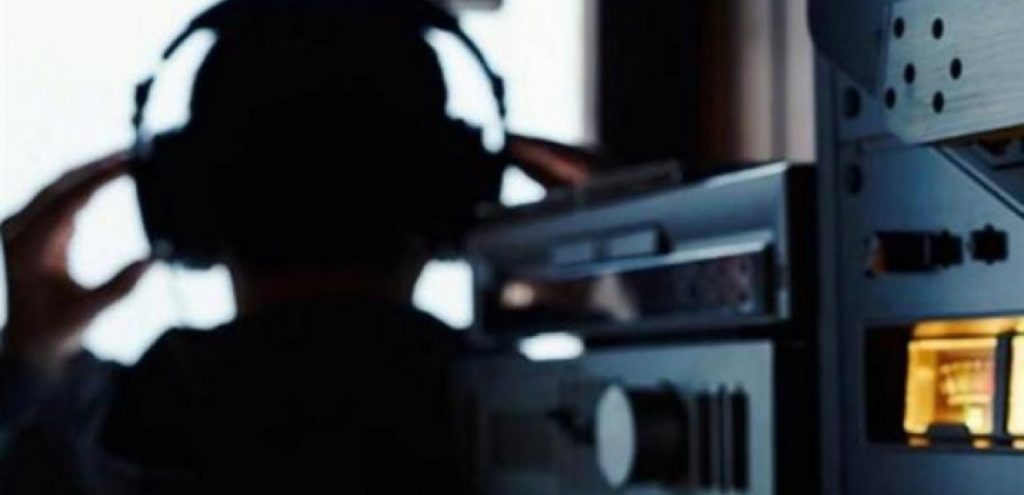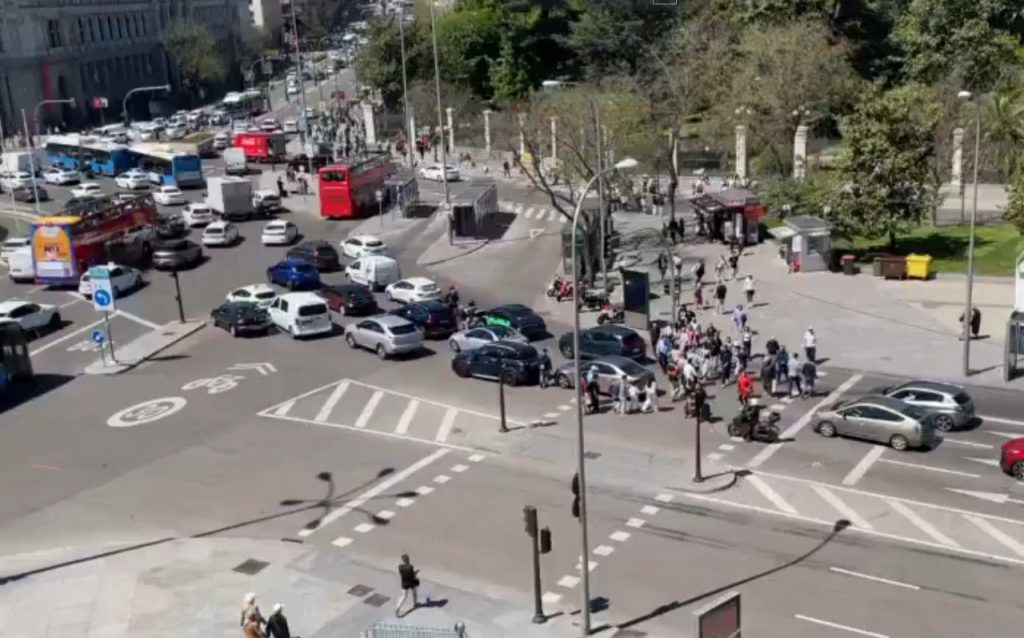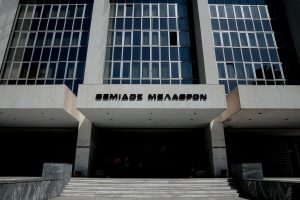Following a decision by the Greek supreme court prosecutor’s office on Tuesday to shelve an investigation into the high-profile wire-tapping scandal and the possible involvement of the country’s National Intelligence Service (EYP) which triggered a firestorm of reaction by opposition political leaders, the furor continued as political parties are reportedly considering forming a common front against the government.
Nikos Androulakis, PASOK’s leader – the most prominent figure implicated in the scandal, for whom a wire-tap warrant was requested by EYP and granted by a prosecutor – alluded in Parliament that he never thought the “cover-up” would have reached such a “disgusting extent”, vowing that he would continue to push for the uncovering of the truth on the matter.
Androulakis stated that he would continue his struggle because, as he claimed, “the institutions must function.” His remarks were seen as a potential cooperation with other opposition parties for a common initiative to shed light on the wire-tapping scandal that has rocked the Greek political scene for the past 2 years. “Unfortunately for you, our country has institutions. We participate in the European Court of Human Rights and the European Union. I am sure that these people will pay. All the democratic Opposition parties will stand with us in this struggle,” he said.
A prominent SYRIZA MP Sokratis Famellos raised a series of questions during his address in Parliament focusing on the contradictions between the official Supreme Court decision and Prime Minister Mitsotakis’s statements in the recent past on the issue, highlighting the fact that the PM had expelled his close associate and nephew, Grigoros Dimitriadis, and the head of the Secret Services (EYP) Panagiotis Kontoleon in August 2022 while apologizing to the leader of PASOK.
Androulakis’s surveillance by the intelligence service was revealed in September 2021, generating a parallel furor over whether the notorious spyware Predator was also used to monitor his – and others’ – cell phone communications.
According to the Supreme Court’s decision, the country’s National Secret Services (EYP) or any other state service, including state officials had no involvement in the case, concluding that only private individuals were conducting illegal surveillance against political figures, state officials, ministers, military personnel, etc.



